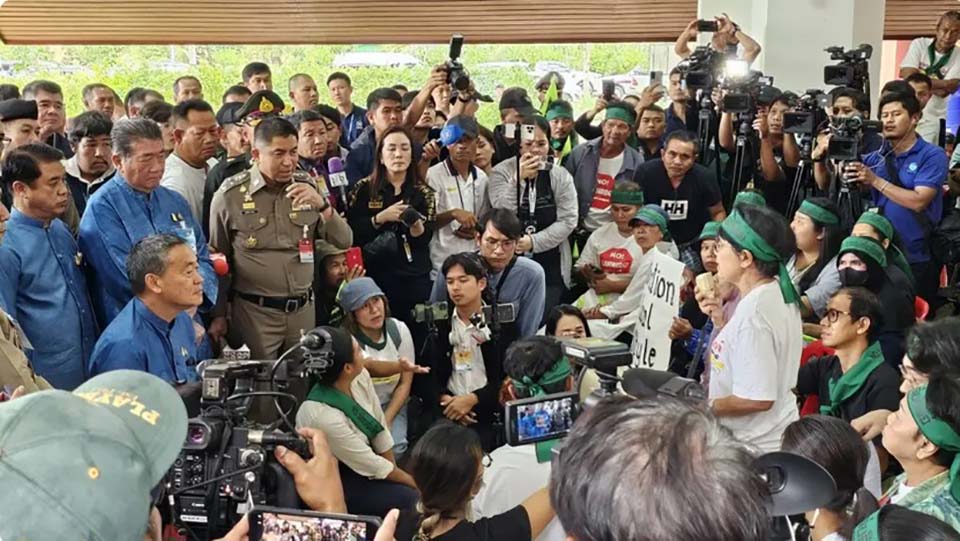
The commitment was made by Prime Minister Srettha Thavisin following a protest by over 200 residents from the provinces of Chumphon and Ranong, who also submitted a petition to the Prime Minister.
The residents argue that the megaproject would have several adverse impacts. These include environmental effects on forested watersheds, changes to marine ecosystems due to land reclamation for deep-sea ports, and direct impacts on the livelihoods of both local and commercial fishermen.
They also raised concerns about the Land Bridge’s route affecting residential areas and agricultural occupations, especially durian and fruit orchards, which are already stable sources of income.
Prime Minister Srettha has promised to take these proposals into consideration and include them in the project documentation to ensure all parties understand the objectives of the Land Bridge project.
Currently, the Thai government is presenting the project details to foreign investors, targeting global experts in shipping and logistics to manage the entire project. The Prime Minister has showcased the Land Bridge investment plan in several countries, generating significant interest from global investors and major international media outlets in the United States, Europe, and Japan.
He confirmed there is sufficient data and figures on the project’s investment viability to help foreign investors make informed decisions.
Regarding environmental concerns, the government indicated that preliminary studies have been conducted by the Ministry of Transport. However, once actual investment begins, investors will conduct further in-depth studies. The Prime Minister emphasized that if any negative impacts on the public occur, even if only affecting a minority, they must be adequately addressed and that the impacted will be compensated. (NNT)








